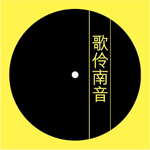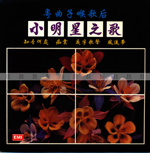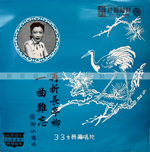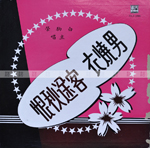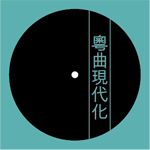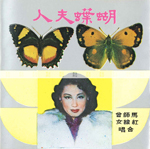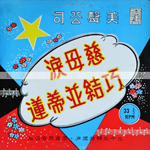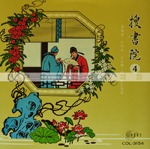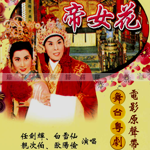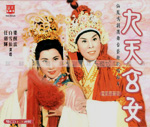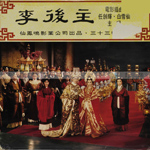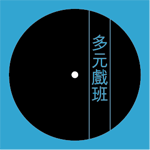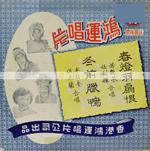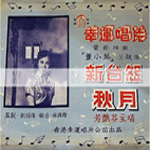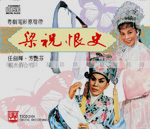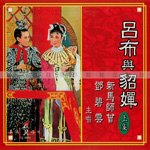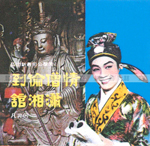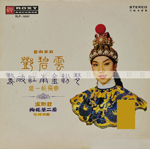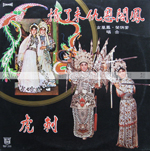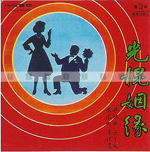Since the early twentieth century, Hong Kong has always been an important venue for Cantonese opera development. After 1949, as a result of political turmoil in the Mainland, performers and troupes converged and resettled in the territory, leading to a tremendous prospering of Cantonese opera in the subsequent decade. This development is linked intimately with the rise of the electronic media.
Performers and troupes began to grasp the possibilities offered by film and radio to re-examine age-old performance practices with regard to acting, singing, script writing, instrumentation, and stage set-up. They brought in novel elements from the theatre and movie world, and participated in the production of films and records. With these acts, they are extending the movement to modernize Cantonese opera that began in the 1930s.
Wong Jum-sum was thoroughly immersed in the world of Cantonese opera from young. Through his close encounter with master performers like Hung Sin-nui, Ma Si-tsang, Yam Kim-fai, Pak Suet-sin and Tong Dik-sang, he witnessed first hand the modernization of Cantonese opera, and was mightily moved by the adventure and passion he saw.
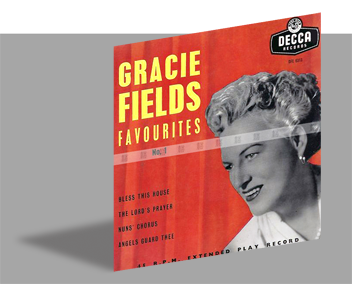

Composer: Ernesto DeCurtis
Lyricists: Giambattista B. De Curtis, Claude Aveling
Vocalist: Gracie Fields
Vide 'o mare quante bello
Spira tantu sentimento
Comme tu a chi tiene mente
Ca scetato 'o faie sunna
See the lovely dewy garden
Breathing orange perfumed greetings
Nought can set my heart a-beating
Like the fragrance of its bloom
E tu dice: “I’ parto, addio!”
T’alluntane da stu core
Da sta terra de l’ammore
Tiene ‘o core ‘e nun turnà?
Then say not good-bye
Come back again beloved
Back to Sorrento Or I must die
Ma nun me lassà
Nun darme stu turmiento!
Torna a Surriento
famme campà!
